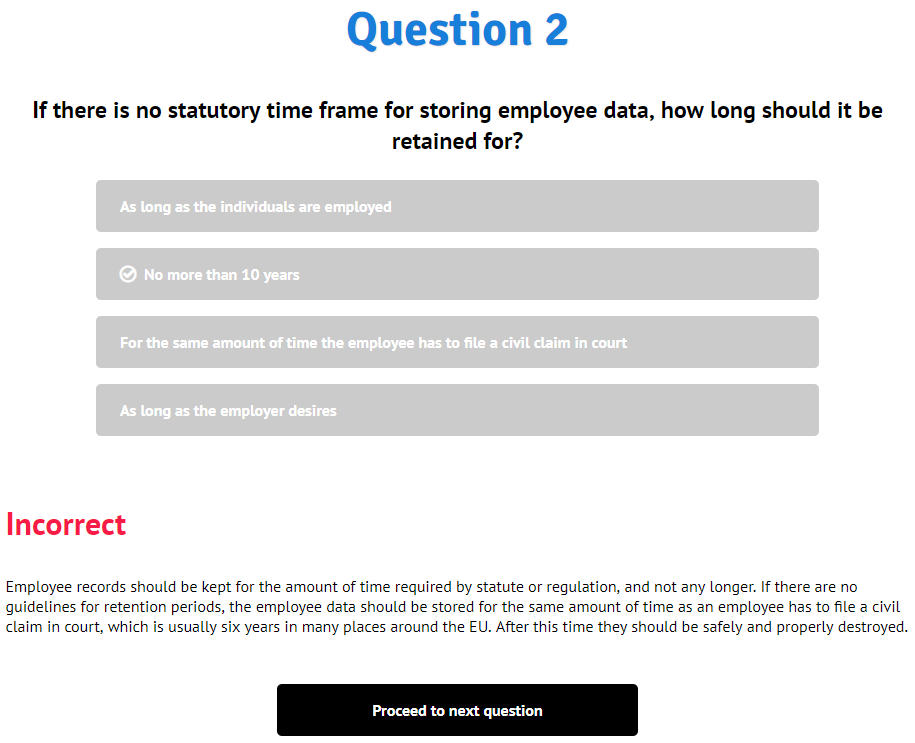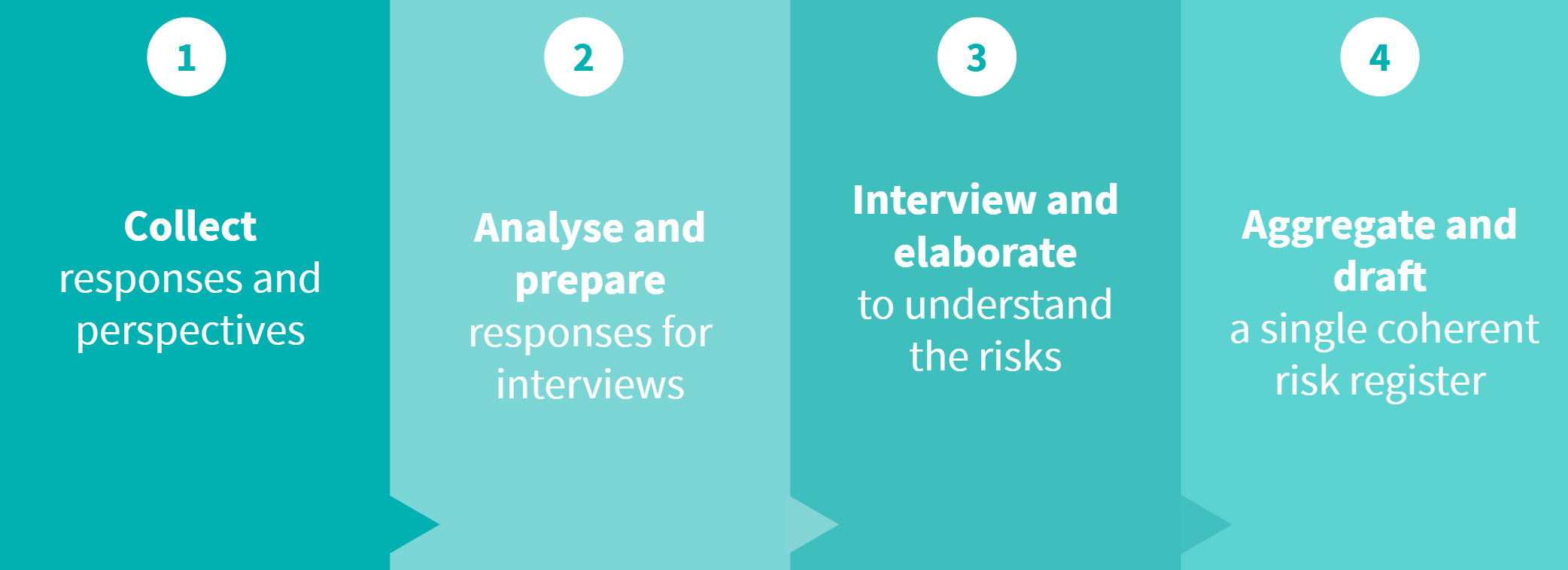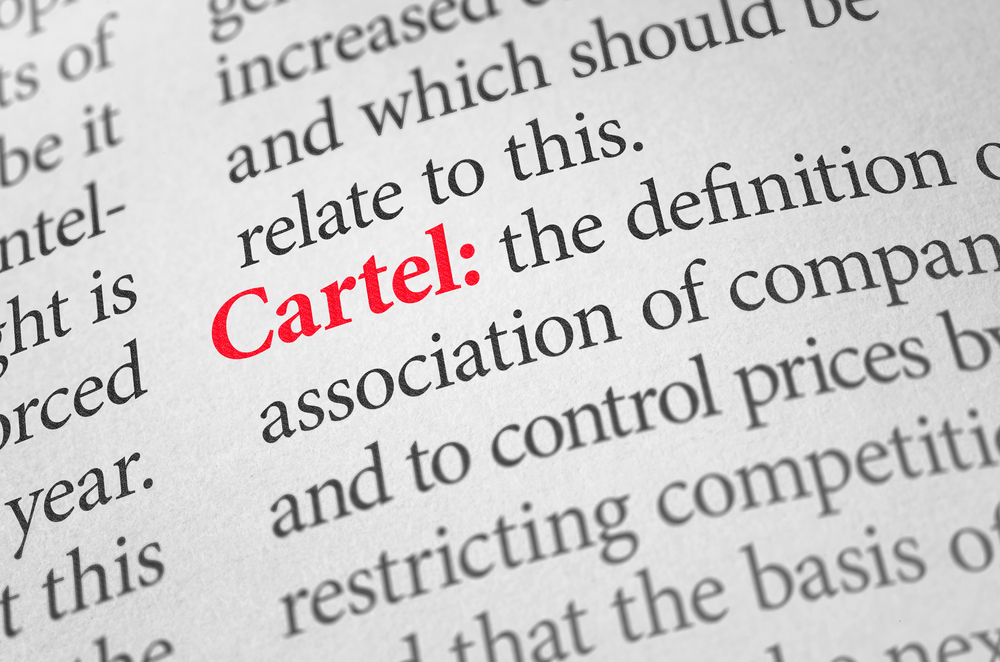VinciWorks’ knowledge checks are five minute courses designed to help you and your staff assess their level of compliance, allowing you to decide on next steps. Feedback is given after each question is answered, allowing users to improve their knowledge while completing the assessment. A score is given at the end of each assessment, meaning users can easily establish how much they have yet to learn.
We have now released two knowledge checks focussing on specific aspects of data protection and the General Data Protection Regulation.
GDPR for Human Resources Staff

This GDPR knowledge check was created for human resources staff and tests the following:
- HR’s role in complying with GDPR
- Processing and storing employees’ data
- Consent, subject access requests and conditions for processing data
- Employee rights with regards to GDPR
GDPR and the Health Insurance Portability and Accountability Act (HIPAA)
This knowledge check tests users’ understanding of the Health Insurance Portability and Accountability Act and how it affects their role. It covers:
- Employees’ responsibilities under HIPAA
- How health files should and shouldn’t be accessed
- Timelines for providing health information that has been requested
- Consent and disclosure of personal health information
Create and customise your own five minute course
VinciWorks offers businesses the ability to build their own knowledge checks. You can create five minute assessments for staff on a wide range of topics, from internal policies to health and safety. Click here to find out more about pricing or to begin building your own knowledge check.















